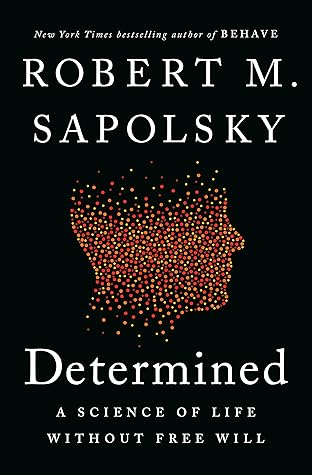As studied by psychologist Ara Norenzayan of the University of British Columbia, gods invented by cultures built on small social groups have no interest in human affairs. It’s only when communities get large enough that there’s the possibility for anonymous actions, or interactions between strangers, that we see invention of “moralizing” gods who know if you’ve been bad or good. Consonant with this, across an array of religions, the more that deities are viewed as punitive, the more people are prosocial to anonymous, distant coreligionists.[*],[21]
Welcome back. Just a moment while we sign you in to your Goodreads account.


